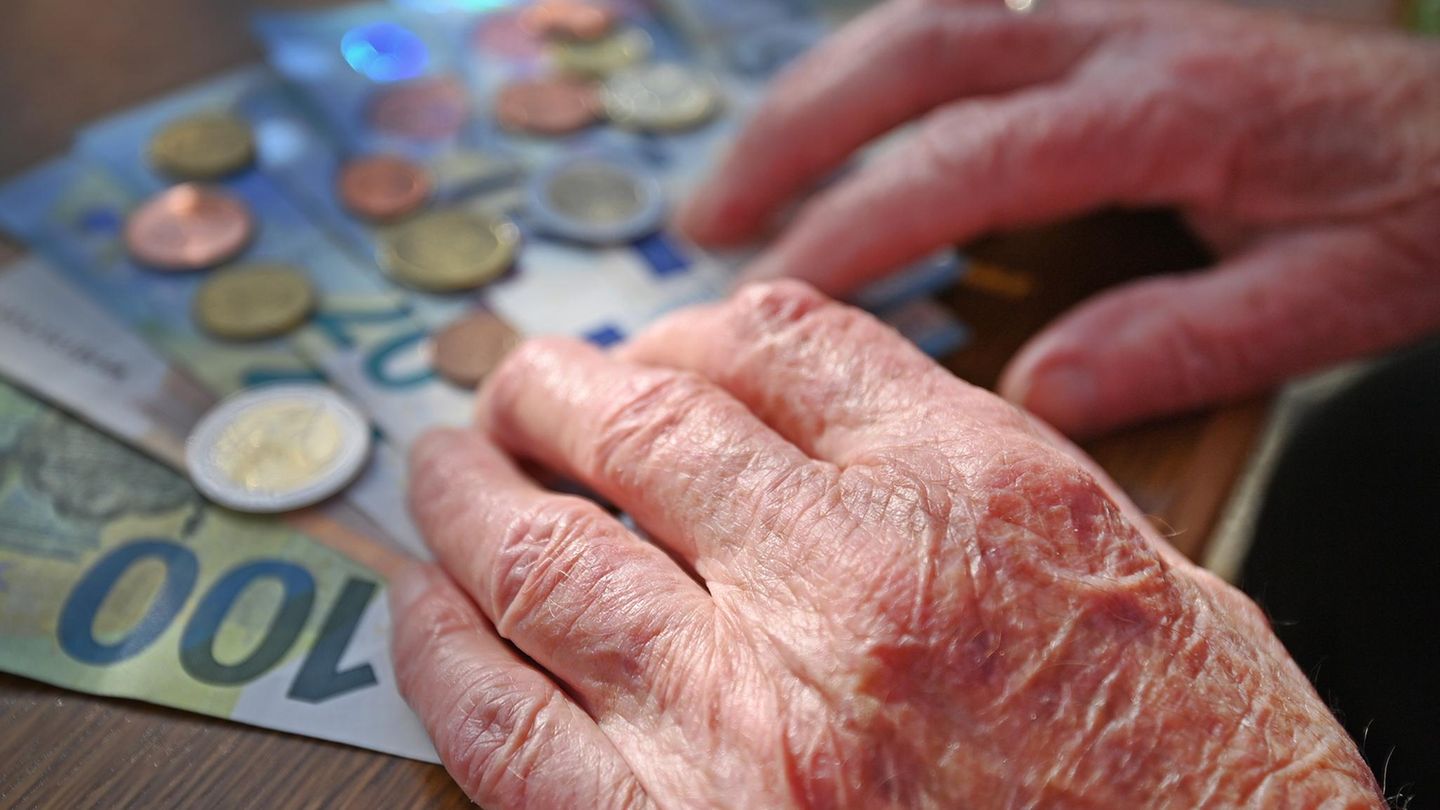economic crisis
Ashes on your head, manager!
Copy the current link
Thyssenkrupp, VW, Bosch: New horror reports about mass layoffs are published almost every day. Instead of complaining about politics, some managers should be ashamed.
Someone who should know says: “Bad managers in particular are very afraid of failure.” The words come from Chris Williams, former HR manager at Microsoft. If things don’t work, it’s always someone else’s fault. Williams says: “They are not looking for the causes, but for someone to blame.” Because they are “obsessed” with cultivating their own image.
This can be observed well in Germany at the moment. Whether Thyssenkrupp boss Miguel López, who wants to cut 11,000 jobs, or VW boss Oliver Blume, who plans to close several plants: Here too, the others are to blame, especially the politicians. This has been called “psychological projection” since Freud. You could also call it distorting reality for your own benefit.
The bosses tell a story that is far too simple
In the German case, it affects the already dead traffic light government, which died so disconsolately because of the constant fire from the business executive suites. One of the most popular stories among business bosses is that of the extreme German energy costs: those in power ruined the entire national economy with industrial electricity prices that were far too high, primarily triggered by an energy transition that was too hasty. Germany is therefore no longer internationally competitive. A narrative that sounds logical because it simplifies things to the maximum. For this reason alone, he is often parroted by opposition politicians.
In reality, there is no such thing as “the” industrial electricity price in Germany. There is only one automatism in practice: the more electricity a company uses, the less it has to pay for it, thank the government. What Thyssenkrupp and the other large consumers pay exactly per kilowatt hour (kWh) is something they keep as a secret. In any case, the corporations are generally exempt from all government charges and taxes on electricity and therefore basically only pay the price for which they buy the electricity on the electricity exchanges – and which applies equally to all other European companies. According to a study, in 2023 this was on average just around eight cents per kWh for energy-intensive producers of metals, iron or paper. That is European average. German industry has mostly overcompensated for price disadvantages compared to other countries through efficiency gains.
Electricity is only cheap worldwide thanks to massive subsidies
Globally, the price of electricity is only significantly lower in industrialized countries, where it is drastically subsidized with tax money. For example, in the USA (through Joe Biden’s “Inflation Reduction Act”) and in China, which is notoriously distortive of competition. In Germany, as in most European countries, there is no such strong state monopoly support, if only in order not to endanger equal opportunities in the EU internal market. France, where the state guarantees fixed purchase prices below market value for very expensive nuclear power, is still the furthest ahead.
The fact that Thyssenkrupp has been slipping repeatedly for years is not due to stupid politicians. On the contrary: The state has not only spared the steel company the price of electricity for a long time, but even wants to support it with around two billion euros in converting to green energy. Rather, Thyssenkrupp has faltered due to blatant management errors, wrong partnerships and the inflexibility of the Montanunion. The traffic light has done a lot of things wrong, but it really can’t do anything about the steel company’s problems.
VW did not slide into the crisis because of electricity prices
VW also did not slip into the crisis because the company cannot pay for its approximately eleven million megawatt hours of electricity per year. VW screwed up itself and, above all, missed the most important market in the world: China. 60 percent of all cars are sold here globally, especially electric cars, and VW’s share has plummeted horribly due to a lack of suitable models. It can’t be due to the price of electricity, because VW itself produces vehicles and components in 39 Chinese factories using cheap Chinese electricity.
There is therefore a strong suspicion that the loudly complaining German managers are primarily taking advantage of the politically dark times, when fear of relegation is growing everywhere, to distract from their own mistakes and to cover them up with wild cuts at the expense of the workforce. It stands to reason that they attack politics so inappropriately to save their own egos. This is not a good idea because it kills faith in the blessings of the market economy and democracy.
The engine of an economy is consumption. And it’s stalling painfully right now. If managers continue to complain about state failure in interviews every day, consumers’ fear of the future will continue to increase and their desire to shop will decrease at the same time. This in turn harms companies because it makes it even harder for them to get rid of their goods. This vicious circle is much more fatal than a cent more or less in the price of electricity.
Source: Stern




